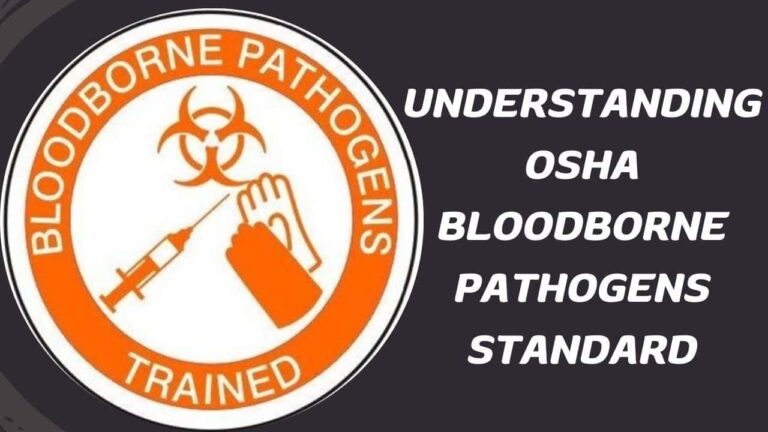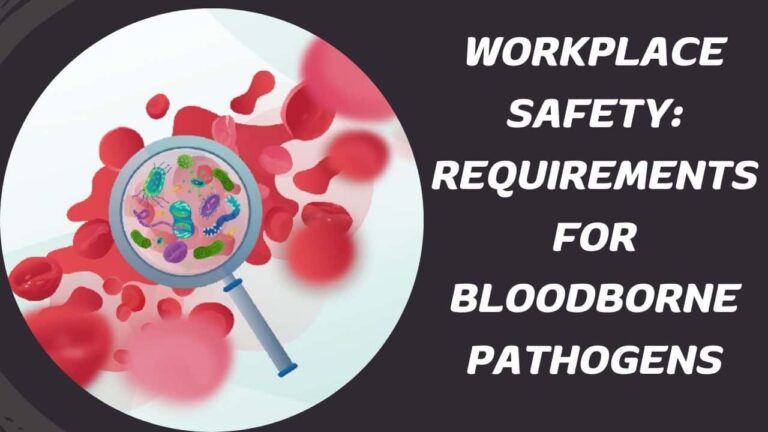Introducing Peanut in Infancy Prevents Peanut Allergy into Adolescence: NIH Study
Introduction: Groundbreaking Research Findings
A groundbreaking study conducted by the National Institutes of Health (NIH) has shed new light on the prevention of peanut allergy in children. The research, published in the NIH News Releases, reveals that introducing peanut into the diet during infancy can significantly reduce the risk of developing peanut allergy into adolescence. This article delves into the key findings of the study, explores the implications for pediatric health, and highlights the importance of early intervention in allergy prevention.
The Study: Key Findings and Methodology
Overview of the Research
The NIH study, led by a team of renowned pediatric allergists and immunologists, aimed to investigate the impact of early peanut introduction on the development of peanut allergy. The study followed a large cohort of infants from birth through adolescence, monitoring their peanut consumption and allergy outcomes over time.
Significant Reduction in Peanut Allergy
The results of the study were groundbreaking. Infants who were introduced to peanut in their first year of life were found to have a significantly lower incidence of peanut allergy compared to those who avoided peanut altogether. This finding challenges previous notions that early peanut introduction may increase the risk of allergy and underscores the importance of early exposure in allergy prevention.
Implications for Pediatric Health
Paradigm Shift in Allergy Prevention
The findings of the NIH study represent a paradigm shift in the approach to allergy prevention in children. Traditionally, parents were advised to delay the introduction of allergenic foods, including peanut, to reduce the risk of allergy. However, this study suggests that early and regular exposure to peanut may actually be protective against allergy development.
Recommendations for Infant Feeding Practices
In light of these findings, pediatric health experts are revising their recommendations for infant feeding practices. The NIH study suggests that introducing peanut into the diet as early as 4 to 6 months of age, in age-appropriate forms such as peanut butter or powdered peanut protein, may help reduce the risk of peanut allergy in high-risk infants.
The Importance of Early Intervention
Window of Opportunity
The NIH study underscores the importance of early intervention in allergy prevention. The first few years of life represent a critical period for immune system development, during which early exposure to allergenic foods may help train the immune system to tolerate these substances. By introducing peanut early in infancy, parents and healthcare providers can capitalize on this window of opportunity to reduce the risk of allergy.
Long-term Health Benefits
The long-term health benefits of early peanut introduction extend beyond allergy prevention. Children who are able to tolerate peanut are less likely to experience allergic reactions, which can be severe and life-threatening. By preventing peanut allergy, early intervention promotes better health outcomes and quality of life for children and their families.
Conclusion: A Milestone in Allergy Prevention
The NIH study on early peanut introduction represents a milestone in allergy prevention research. By challenging conventional wisdom and providing evidence-based recommendations for infant feeding practices, this study has the potential to transform pediatric healthcare and improve outcomes for millions of children at risk of peanut allergy. Moving forward, continued research and education efforts will be essential to ensure that these findings are translated into effective strategies for allergy prevention in clinical practice.



